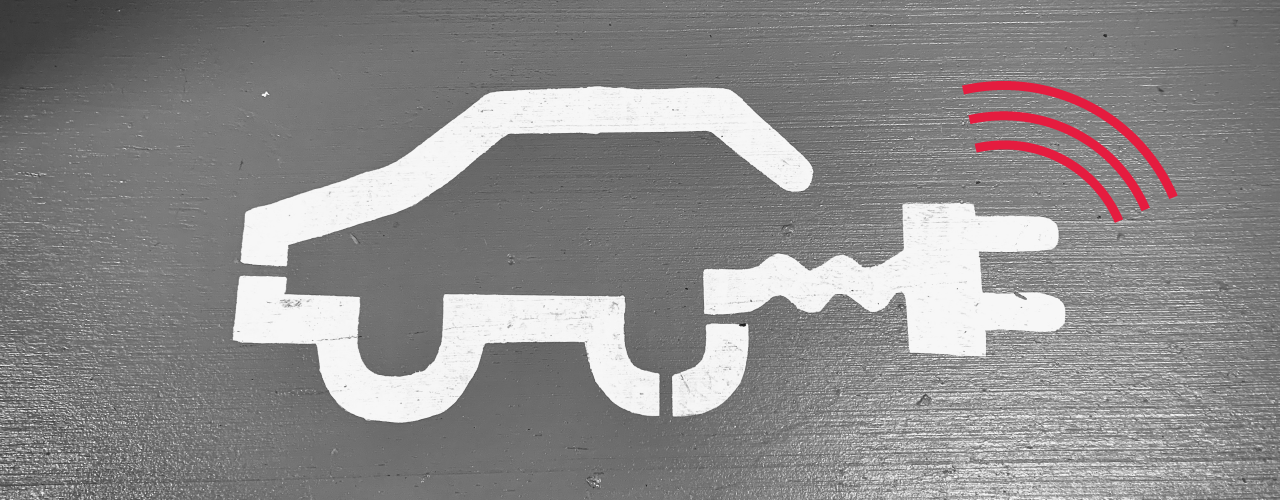For a recent episode of the Loylogic Podcast, Olivier Martinet, CEO of Posidonia Consulting and former Vice President of Marketing at BP, joined us to discuss the future of large-scale fuel and mobility rewards programs.
The conversation focused on the evolution of loyalty strategies in the fuel industry, driven by digitalization, the shift towards electric vehicles, and the transformation of fuel companies into energy providers and mobility hubs, and much more.
To listen to the podcast in full, simply click below. Six key route markers that will help loyalty programs navigate the changing fuel loyalty landscape can be found below.
1. There’s no one-size-fits-all approach: Olivier challenged the notion of a universal best-in-class fuel rewards program, emphasizing that success is highly dependent on the alignment between the program, company strategy, and readiness for implementation. He did, however, introduce four pillars that loyalty program owners should consider that will drive success, namely: ease of participation, relevance, personalization, and profitability. By focusing on these four elements, companies can find the right balance between customer advantage and strategic adaptability.
2. Loyalty strategies need to be tailored to company size and scope: The level of focus on the four pillars needs to vary depending on the company's size and global reach. For example, larger organizations tend to have a greater need to balance customer advantage and brand consistency, reflecting a more comprehensive approach to loyalty programs that considers both local and global factors.
3. The shift to electric vehicles will have a profound impact on loyalty: Olivier highlighted the impact of the increasing adoption of electric vehicles on how customers interact with brands – and therefore loyalty. Consumer interaction will change and loyalty programs must adapt to this new behavior.
4. Fuel companies transforming into energy providers: Major fuel companies are repositioning themselves as energy providers, with collaborations and investments in alternative energy sources already underway. This shift suggests a future of potential joint ventures and partnerships, reflecting a broader transformation within the energy sector. This needs to be factored into thinking around loyalty and how both earn and burn of points or miles happens.
5. Extended dwell times and mobility hubs: The rise of ‘mobility hubs’ is impacting loyalty offers. Longer customer dwell times due to electric vehicle charging present new challenges and opportunities for loyalty programs. Companies need to rethink their strategies to engage customers during extended on-site interactions and integrate these experiences with home charging behavior.
6. Personalization beyond marketing: All loyalty programs, regardless of sector, should go beyond marketing and engage in strategic decision-making. Olivier emphasized the wider range of use cases that arise from privileged customer data, including category management, pricing policies and assortment range. As a result, loyalty schemes should be considered as long-term strategic tools that have a seat at the boardroom table.
In conclusion, the future of fuel rewards programs is dynamic and requires companies to adapt to digitalization, changing consumer behaviors, and the broader energy landscape. Success lies in a personalized and adaptable approach that considers both customer needs and long-term strategic goals. As fuel companies transition into energy providers, collaboration and innovative loyalty strategies will play a crucial role in shaping the industry's future.



